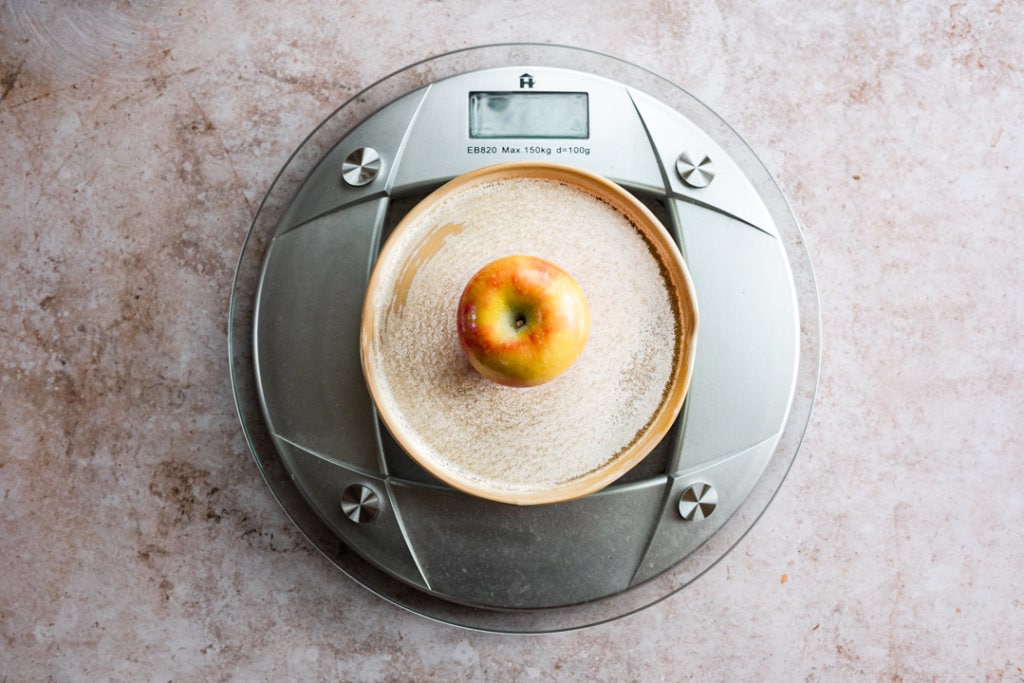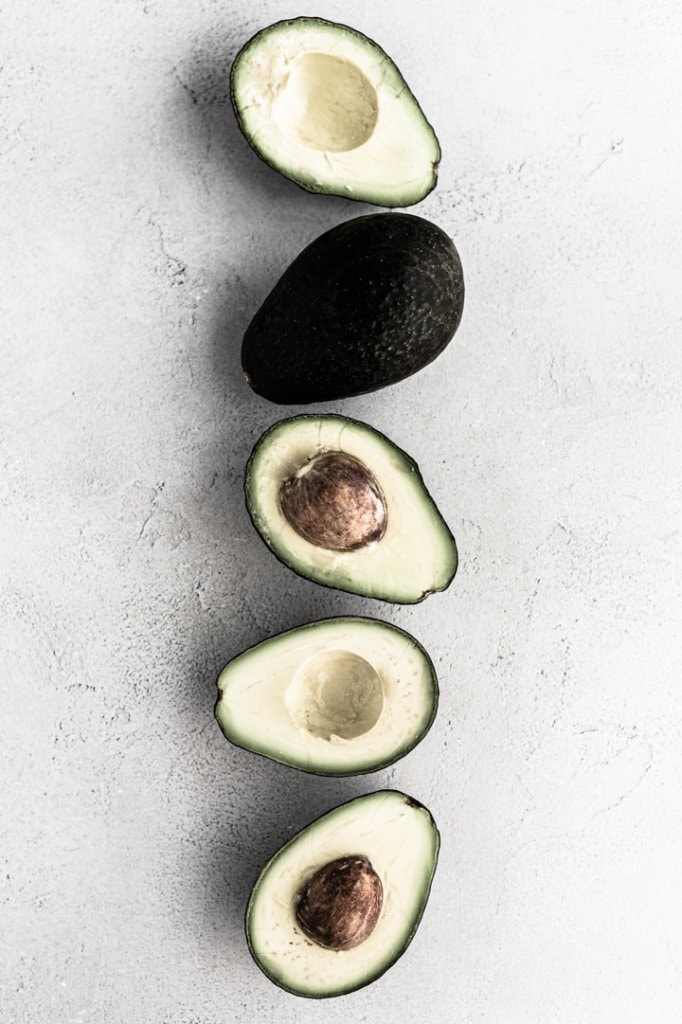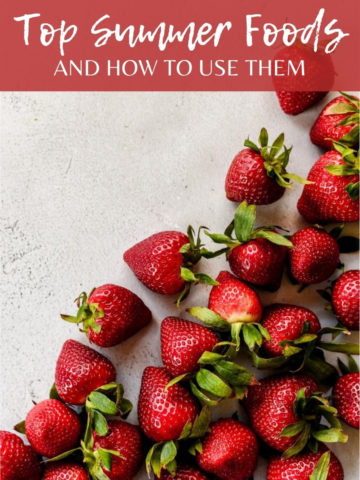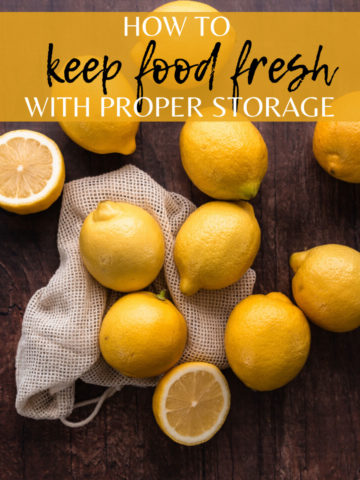Happy New Year! With a new year (and a new decade), comes resolutions galore. Many people are in search of a fresh start for their new year, bringing about new beginnings, new resolutions and typically a diet-first mentality.
I'm here to tell you that diets aren't the answer.

Let me ask you something. When was the last time you went on a diet? Paleo, keto, cutting out a certain food, etc.
How long did you keep up with your last diet? A year? A month? Less?
And did it work? And when I say "work", I don't mean did you initially lose weight only to gain it back. I mean did you lose weight permanently in a sustainable and fulfilling way? Chances are it probably didn't "work".
Instead of starting the year with the latest fad diet, what if we tried something new?
A little back story
In my days as a clinical dietitian, I worked with countless patients who all had a single goal in mind: weight loss. They would make changes, cut out foods, reduce calorie intake, and increase activity, all with little to no significant weight loss results. Some of them lost weight early on, only to gain it all back (and often even more) over time. Even when they were doing the "right" things, they never got the results they wanted.
They became frustrated and felt like failures from a lack of self-control or the feeling of not trying hard enough. Often, the results (or lack thereof) led many of them to pursue extreme diets, like severely restricting intake, taking dangerous supplements, or opting out of special occasions and get-togethers with friends because they had to "stick to their diet", for fear of gaining weight.
They would feel ashamed and guilty when they stepped on the scale every week and saw they'd gained even a single pound. As a dietitian, this left me in a tough position. I felt I was failing them because no matter how well they listened to my professional advice, they just couldn't keep off those 5, 10, or 50 pounds.
Surely there has to be another way...
Dieting is expensive
It's estimated that almost $65 BILLION is spent on dieting each year, from weight-loss programs to diet products and gym memberships. They say 95% of people who go on a diet will regain any weight lost within 5 years time?
95%?! That's crazy to think that most people who lose weight on a diet will eventually gain it back and often more.
As fellow weight-inclusive RD Rachael Hartley puts it, "Why is it that when an approach doesn't work for the majority of people, we still blame the people instead of the approach?"
Physiology of Dieting
You don't fail diets, they fail you. And it has nothing to do with a lack of self-discipline. Diets don't work because they just aren't the natural way of things.
Our bodies just aren't wired for weight loss. In fact, our body views dieting as a stressor, producing higher levels of cortisol and adrenaline (both stress hormones) that slow our calorie-burning ability, and increase our hunger hormones to make us feel hungrier and less satiated after eating. Our body literally fights against dieting and weight loss because it's a threat to our survival. For all you body knows, you might as well be on a desert island with limited access to food... Your body doesn't realize the starvation was on purpose.
The body always aims for homeostasis (i.e maintaining weight). When dieting enters the picture, your actions directly interfere with the body's homeostasis, which quickly throws things out of whack.
Innately, we all have natural hunger and fullness cues that tell us when to eat, and when to stop eating. But we often override these cues and ignore them - like the need to clean your plate, have just one more bite, or restrict based on external cues.
In turn, these cues become harder for us to hear and be in tune with.
Dieting and restricting tell your brain that you aren't getting enough food. And it doesn't matter what you're restricting - calories, sugar, carbs, "junk" food. Restriction is restriction. And once you finally get access to that food again, your brain tells you to binge, because it's not sure when the next food opportunity will come around.
So you binge, feel bad, and hop on the next best diet bandwagon that comes along. And so the cycle continues.
Psychological Toll of Dieting
The rules, restrictions, guilt, shame, blame. Everything becomes black and white. Either you eat none of the cookies, or all of them. There seems to be no middle ground.

Diets simply take the joy out of eating. I mean, how are you supposed to navigate birthdays and holidays without falling off the so-called "wagon"?
The mentality of dieting comes from a place of hatred, but weighing less is not the path to happiness. Even when my clients did lose weight, it was never enough. They still felt guilty when they ate. They couldn't simply enjoy food, and always wanted to lose more weight.
With dieting, so much brain space occupied by counting calories, remembering which macro nutrients to avoid today, and keeping track of what foods are off limits with your current diet. Diets are just plain exhausting, both physically and mentally.
Flip the Diet Script
Weight does not dictate health. Just like we aren't all the same height (hello from just over 5 feet tall over here 🙋), we aren't all supposed to fit into a size two!
After the frustration of not being able to help my clients lose weight and knowing there had to be a better way, I discovered the non-diet approach that totally changed everything. Intuitive eating.
With the non-diet approach of intuitive eating, my clients began to reconnect with their internal hunger and fullness cues. They got back to eating for enjoyment and started noticing how different foods actually made them feel.
My clients found a new freedom through intuitive eating. Freedom from rules and eating restrictions. Freedom to enjoy life and food again, without the guilt and shame of "failing" the diet of the day.
When you free your mind from thinking about food 24/7, you open up space for other things. No more obsessing over food at all times.
It is possible to stop fighting with yourself about the foods you eat.
What to do instead of dieting
- Focus on health, behaviors and wellness. Not weight.
- Eat food that tastes good AND makes you feel good.
- Start cultivating body respect. This doesn't mean you have to love every part of your body, but respecting all the things your body does for you and what a healthy body allows you to do (like hug loved ones, get out of bed in the morning, and convert food into energy).
- Give yourself unconditional permission to eat whatever you want, keeping the focus on how each food makes your body feel. This can feel very scary at first, but giving yourself unconditional permission to eat what you want doesn't mean you will eat everything. Doing this will also reduce cravings and boost your ability to read your own hunger/fullness cues.
- Pay attention to how food makes you feel.
- What foods make you feel good?
- Which foods leave you feeling sluggish?
- Listen to and honor your body. There is no perfect diet. We all have different bodies and different food preferences.
- Learn more about intuitive eating and work with a non-diet dietitian to stop dieting once and for all.
Intuitive eating doesn't have food rules. In fact, one of the pillars of intuitive eating is to challenge food rules and say no to the food police. This approach leaves many people skeptical, simply because they're so used to the diet mentality.
Read more about intuitive eating here and remember, intuitive eating can feel a bit abstract at first. It's a good idea to have support on this journey. Find a non-diet, weight neutral, or intuitive eating dietitian to help you along the way.
A few ideas for a non-diet New Year's Resolution
- Stop reading diet books and articles, revamp your social media and start following body positive and non-diet accounts. (some of my favorites include @chr1styharrison, @streetsmart.rd, @emilyfonnesbeck_rd, @rachaelhartleyrd, @beauty_redefined, @body_peace_liberation, and @Ownitbabe just to name a few).
- Buy clothes that fit AND make you feel good!
- Start a daily meditation practice. Mindfulness can help you become more aware of your body cues.
- Do activities that you enjoy - I'll take skiing and yoga over the treadmill any day!
- Practice body respect, no matter your shape or size.










Leave a Reply